VP Harris says ‘no US confrontation’ with China amid Philippines visit to counter Beijing
US Vice President Kamala Harris have met briefly with Chinese President Xi Jinping on the sidelines of an Asian summit, claiming that Washington does not seek confrontation with China but welcomes competition.
Harris and Xi exchanged remarks while heading into a closed-door meeting at the Asia-Pacific Economic Cooperation (APEC) forum’s summit in Bangkok, Thailand.
“We welcome competition but we do not see conflict, we do not seek confrontation,” Harris told a news conference at the US ambassador’s residence in Bangkok.
“I greeted President Xi before the APEC Leaders Retreat,” Harris wrote on Twitter. “We must maintain open lines of communication to responsibly manage the competition between our countries,” she added.
Today in Bangkok, I greeted President Xi before the APEC Leaders Retreat. I noted a key message that President Biden emphasized in his November 14 meeting with President Xi: we must maintain open lines of communication to responsibly manage the competition between our countries. pic.twitter.com/C5gpFxdg1Q
— Vice President Kamala Harris (@VP) November 19, 2022
“Under our administration, the United States is a strong partner for the economies and companies of the Indo-Pacific, and we are working to strengthen our economic relationships throughout the region, including by increasing two-way trade flows and the free flow of capital,” Harris said in a business conference on APEC’s sidelines.
The vice president reinforced President Biden’s message in his November 14 meeting with President Xi that we must maintain open lines of communication to responsibly manage the competition between our countries, a White House official said.
Last week, Biden and Xi met for three hours at a Group of 20 summit in Bali, the first in-person talks between the leaders of the world's two largest economies since they each became president.
Chinese state media quoted Xi as telling Harris that his meeting with Biden was “strategic and constructive, and has important guiding significance for China-US relations in the next stage.”
“It is hoped that the two sides will further enhance mutual understanding, reduce misunderstanding and misjudgment, and jointly promote China-U.S. relations to return to a healthy and stable track,” he said.
The meeting came after the US said it was looking for China to do more to rein in its ally North Korea, which on Friday test-fired a ballistic missile that US and Japanese officials said was capable of hitting the US mainland.
Harris visits the Philippines amid high tensions with China
The two western and eastern powerhouses currently disagree on just about every major issue, from human rights, Chinese Taipei, the Ukraine war, North Korea, and the transfer of technology to the shape and naming of the map.
Former US president Donald Trump had called China, “biggest adversary” of the United States, which has brought Washington and Beijing into a political war by imposing heavy tariffs on Chinese goods.
Tensions between two countries have soared in particular over Chinese Taipei (Taiwan), the self-ruling claimed by Beijing.
Xi told Biden that support for Taiwan was a red line. Biden later told reporters that the two leaders understood each other's positions and that he did not expect an imminent invasion of Taiwan.
Meanwhile, Harris arrived in the Philippines on Sunday for talks aimed at reviving ties with Washington's oldest ally in Asia and an increasingly vital strategic partner as tensions rise with China over Taiwan.
According to military analysts, military access to the Philippines because of its geographic location as the country is just 120 miles (193km) from Taiwan and adjacent to the South China Sea, would greatly complicate any attempt by China to invade Taiwan.
The visit by Harris will be the highest-level trip to the Philippines by an administration official and marks a sharp turnaround in relations.
Harris is also planning a highly symbolic stop in the Philippine islands of Palawan in the South China Sea to show US support for his ally.
To what extent the Philippines would allow their territory to be used to defend Chinese Taipei remains unclear.
Martin Gomez Romualdez, Philippines ambassador to Washington in September said that it would only allow US troops to use its bases in the event of a conflict in Taiwan “if it is important to us, to our own security.”
Moreover, a Taiwan crisis could destabilize the Philippine economy and trigger a refugee crisis.
VIDEO | Protesters rally in Greenland against Trump annexation threat
US ‘fueling tensions’: Iran dismissed claim of planning attacks on American bases
Venezuela has right to build relations with Iran: Interim president
Six Palestinians injured in Israeli settler attacks in West Bank
EU, Mercosur sign international trade deal sending ‘clear signal’ to Trump
VIDEO | Mosque, community center targeted in Tehran arson attacks
VIDEO | Paris protesters call for release of Palestinian abductees
VIDEO | Protesters in Baghdad stand with Iran, reject foreign violence


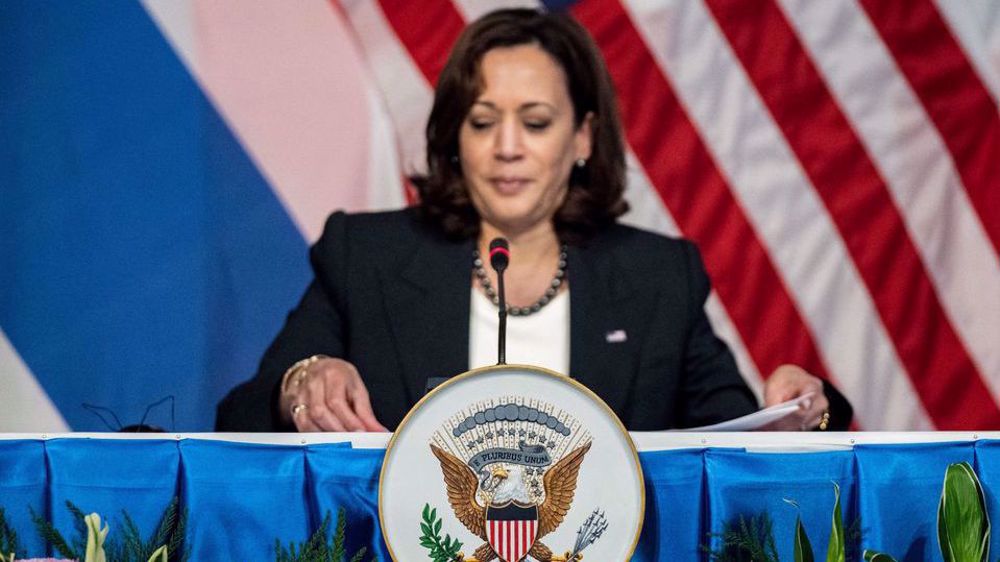
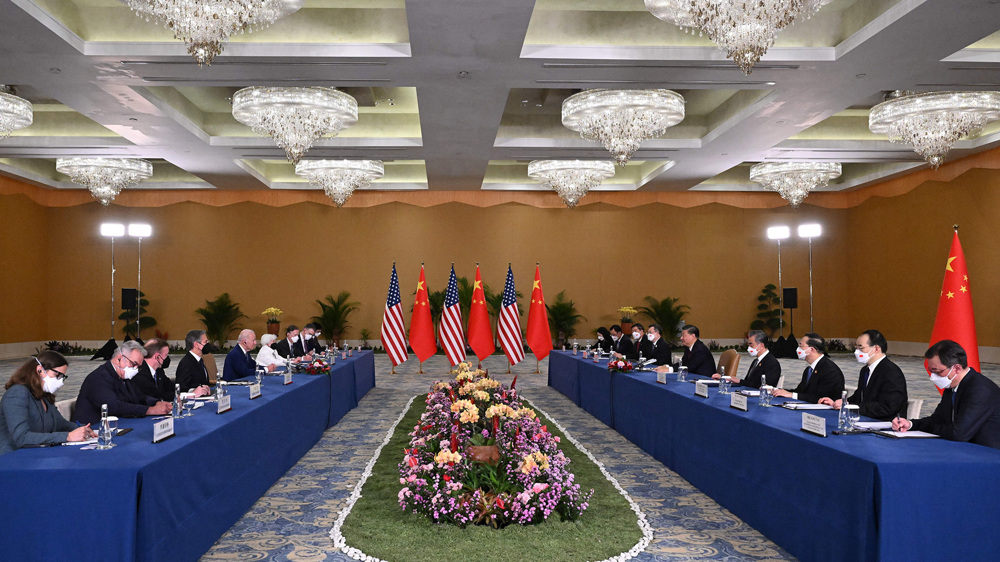
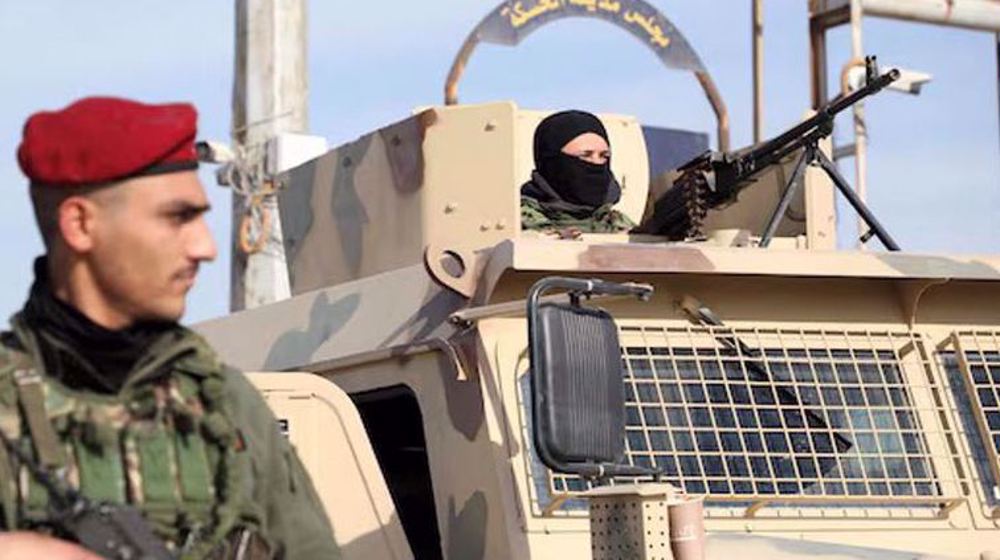

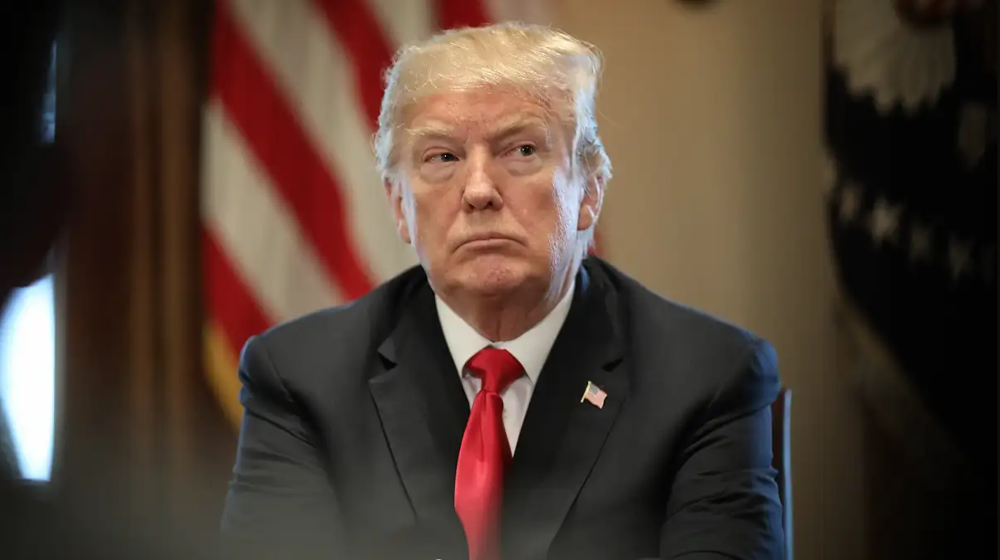



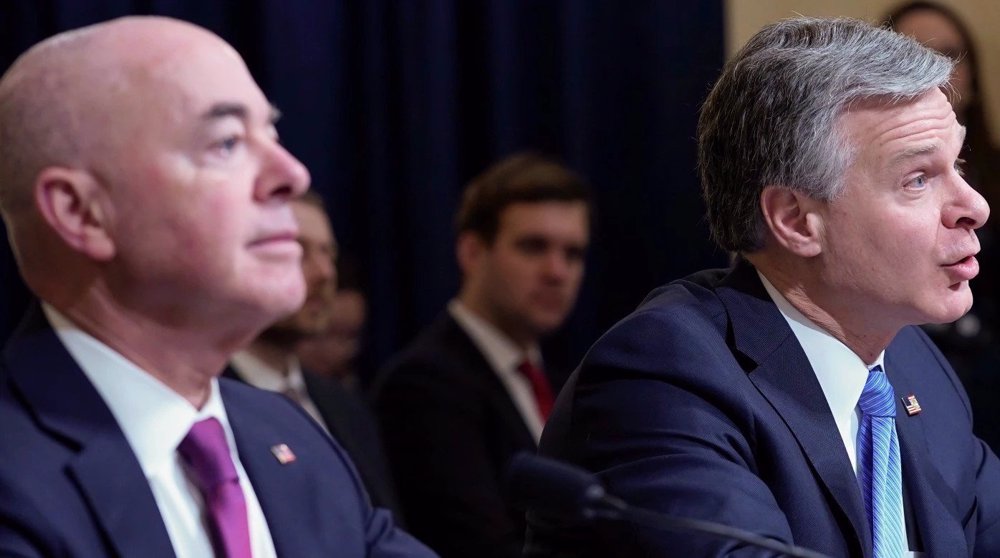
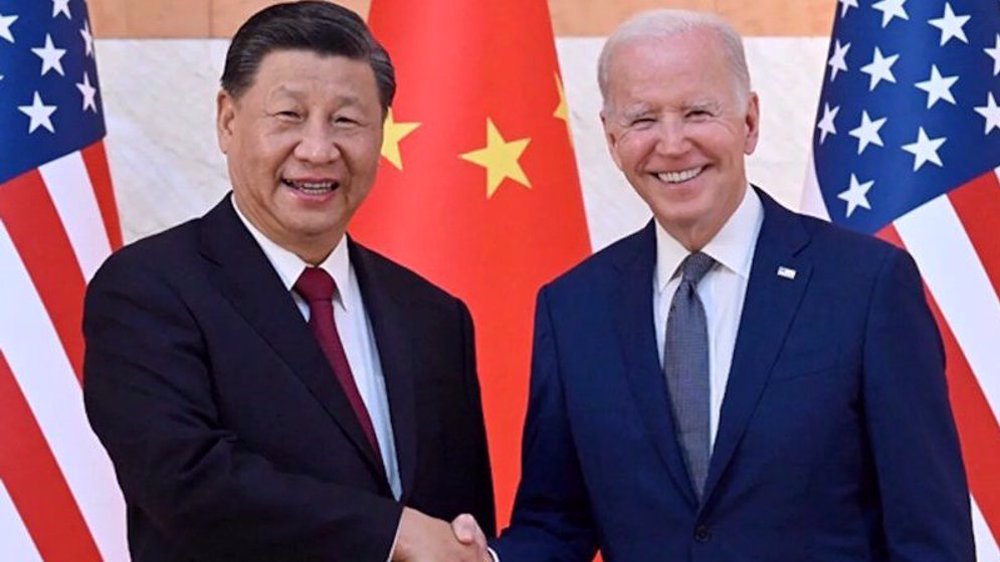
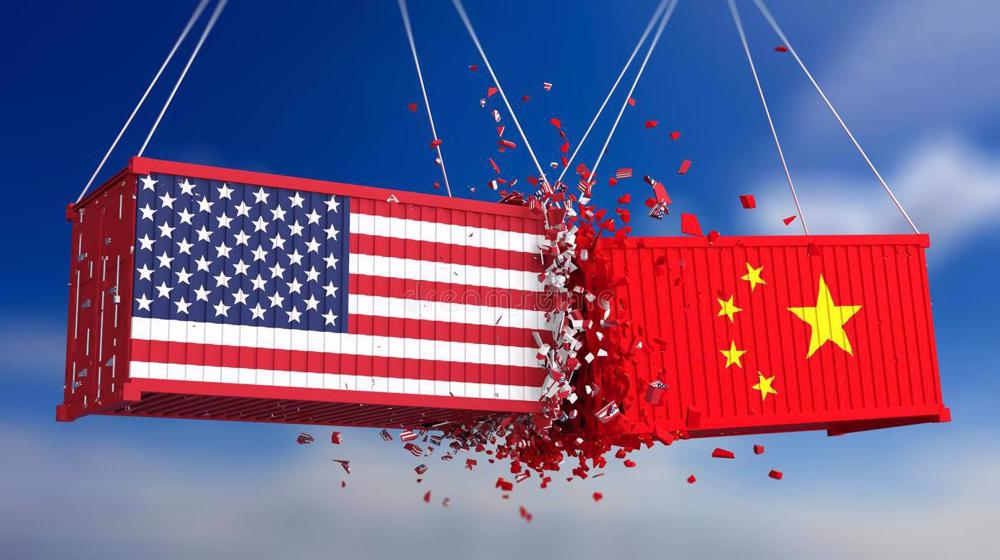
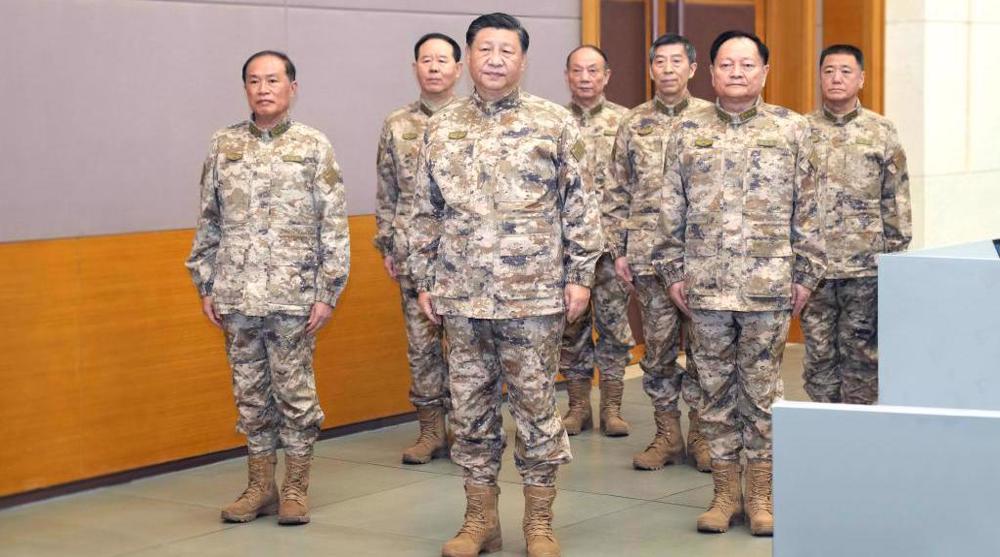
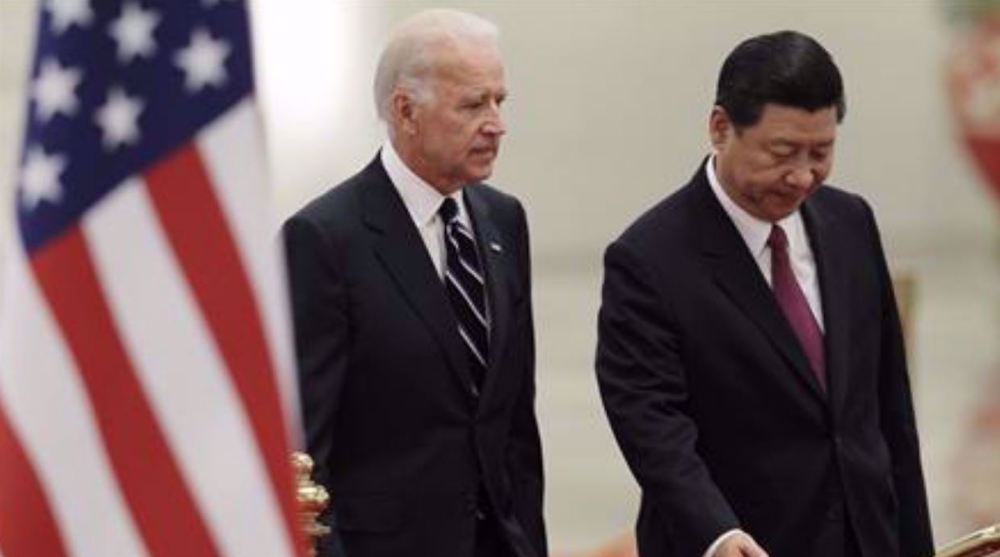

 This makes it easy to access the Press TV website
This makes it easy to access the Press TV website